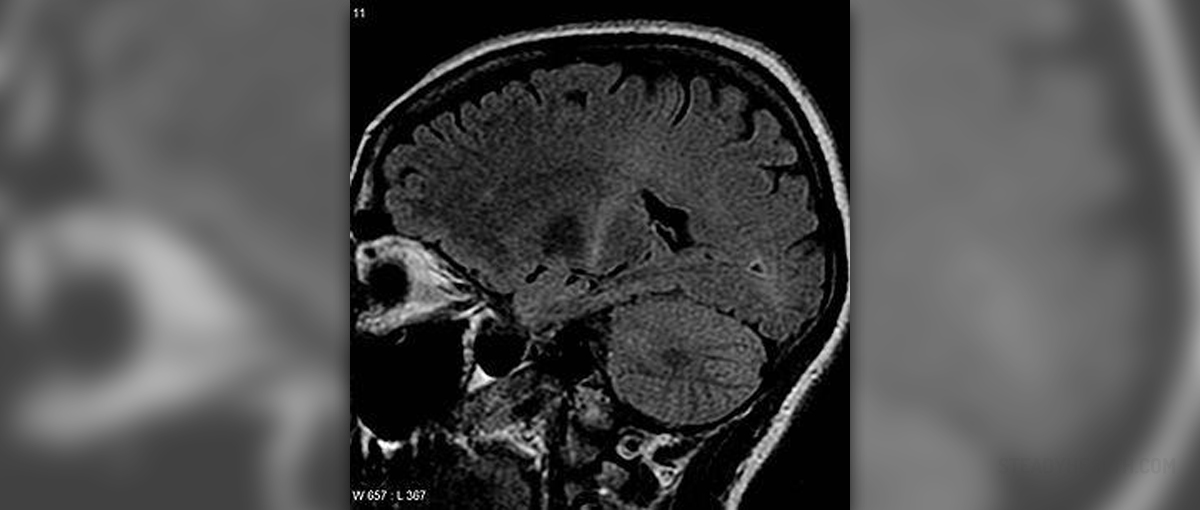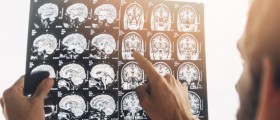
ALS is the disease affecting motor neuron, known either by its full name amyotrophic lateral sclerosis or as Lou Gehrig’s disease. Exact cause of this condition is degeneration of certain areas in the spinal cord of a patient, which consequently lead to scarring and sclerosis. Scientists have a theory about involvement of some gene mutations and raised level of glutamate in the serum and spinal fluid in the development of this disorder. According to the current theory, autoimmune response, when the body starts to react to itself like a strange organism and attack it may be blamed for ALS as well. Further research is required in order to determine exact influence of genetic and environmental factors to development of this neurodegenerative condition.
ALS is found out to be more likely to develop among Caucasians, especially among male population. There are some 20% more chances for men to develop this condition than for a woman. This disease is neurodegenerative and progressive in nature. Degeneration of motor neurons leads to neuron death and therefore the brain can’t initiate or control movements of the muscles. Symptoms usually start as muscle weakness but after some time condition progresses and may cause complete paralysis of the patient in some later stages of the disease.
Early ALS Symptoms
Initial symptoms of this neurodegenerative disorder are usually overlooked and many people don’t notice them. Symptoms are not something you could pinpoint and say that’s ALS, but they look more like clumsiness, speech difficulties or aging. Patients may have troubles picking something heavy or start tripping over the carpet. Some may also experience slurred speech. Although symptoms vary from one patient to another, many experience muscle weakness in early stages of development of this disease. Weakness may affect the muscles of the hand or hands, arms or legs of the patient.
In certain cases, ALS symptoms may not progress any further and scientists still have no explanation for that phenomenon.
Progressed Stages of ALS
Progression of the disease bring many problems for the patient, including weakness of the muscles needed to speak properly, swallowing and breathing difficulties, cramps and twitching of muscles in hands and feet. Patients may not be able to use arms or legs after some time and some could be unable to speak anymore. Another problem is emotional incontinence, so the person can’t control his or her laughing or crying anymore. Advanced stages of ALS are characterized by complete loss of control or any of voluntary movements and most patients therefore spend their time confined to bed.
- www.nih.gov/news-events/nih-research-matters/biomarker-tracking-progression-als
- www.cdc.gov/als/ALSResearchNotificationClinicalTrialsStudies.html
- Photo courtesy of Frank Gaillard by Wikimedia Commons: commons.wikimedia.org/wiki/File:ALS_Coronal.jpg
















Your thoughts on this
Loading...